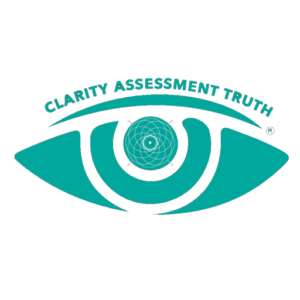
Authority Abuse occurs when a person in a position of power uses their influence to target or harm an individual. The abuse may manifest in various ways, impacting a person’s well-being, career progression, safety, sanity, and other life aspects.

Authority Abuse this abuse may manifest in various ways, impacting a person’s well-being, career progression, safety, sanity, and other life aspects.
Identifiable Victim Markers (IVMs):
Anxiety: The fear of being targeted by a person in power can lead to persistent anxiety, affecting mental and physical health.
Avoidance: Victims may avoid situations where the abuser is present or avoid taking risks in their career or personal life, fearing retaliation.
Compliance: Compliance may become a survival strategy, as victims might feel compelled to obey the abuser’s demands, even if unreasonable, to avoid conflict.
Conditioned Beliefs: Over time, victims might develop beliefs that align with the abuser’s narrative, leading to distorted perceptions about themselves or others.
Nervousness: Constant nervousness can be a sign that a person feels they are walking on eggshells, fearing the next incident of abuse.
Overworking: In an attempt to prove oneself or avoid criticism, a victim may overwork, leading to burnout and other health problems.
Self-blame: Victims may internalize blame, believing they deserved the treatment or did something to cause it.
Self-criticism: A loss of confidence may lead to constant self-criticism, hindering personal and professional growth.


